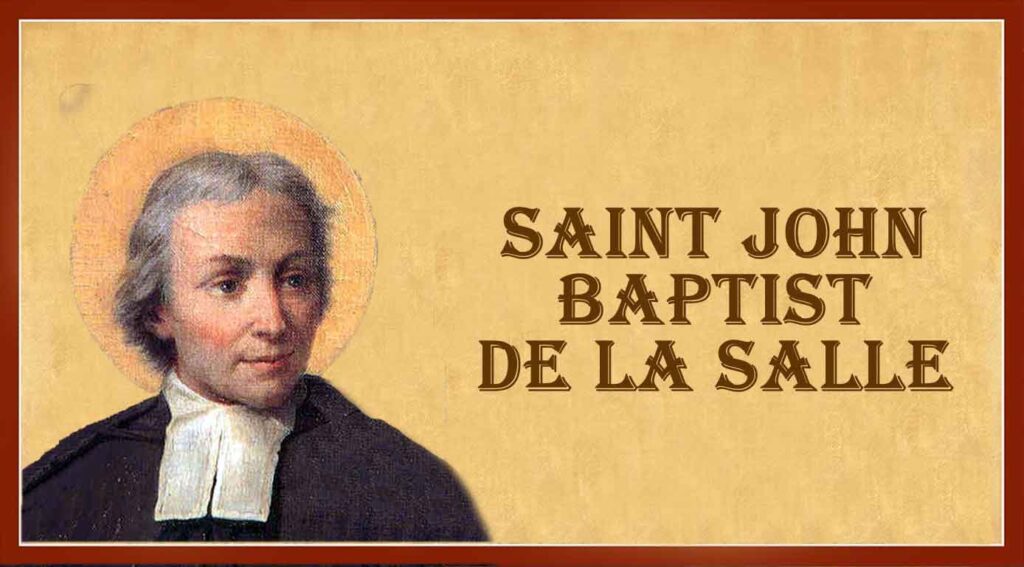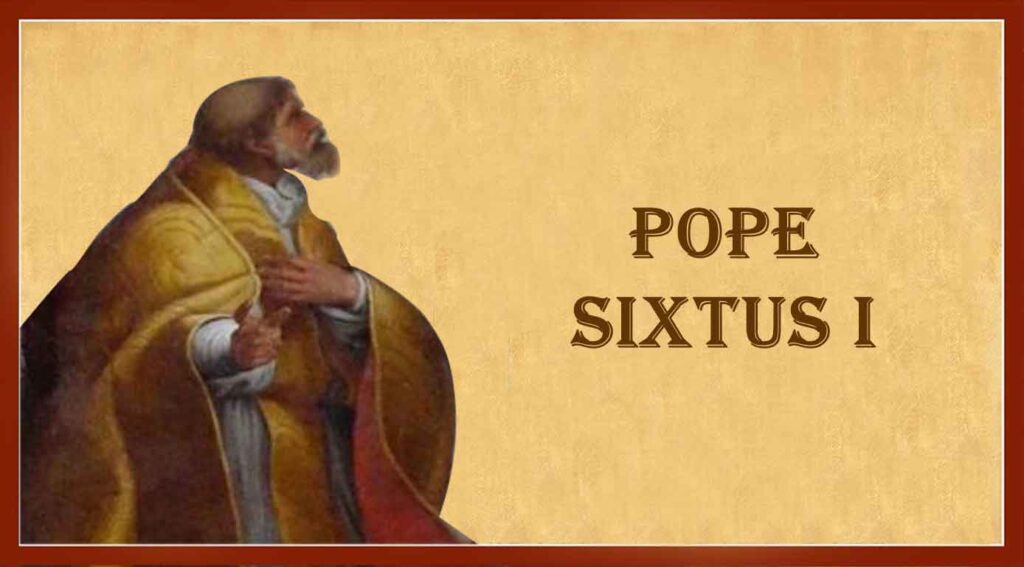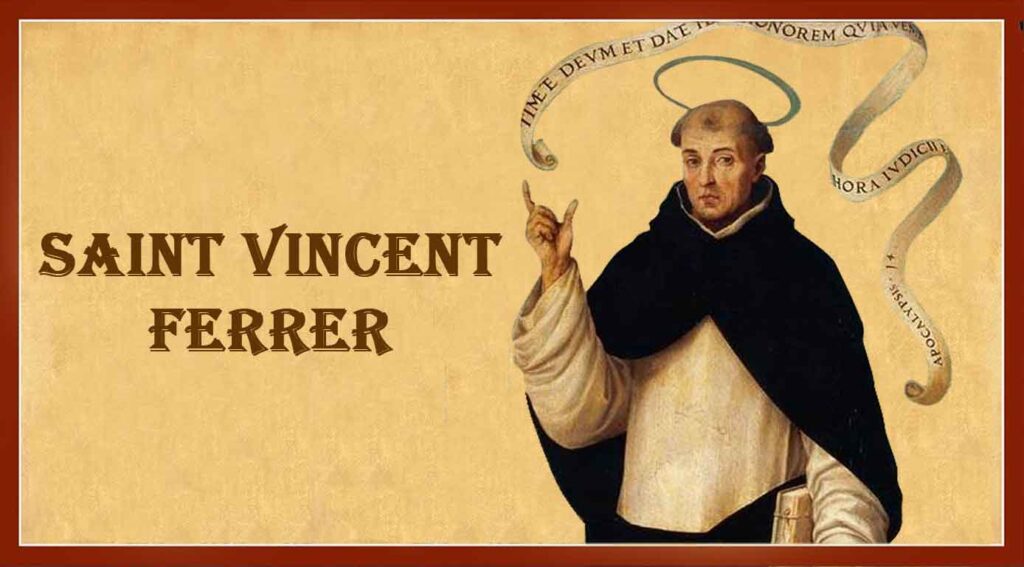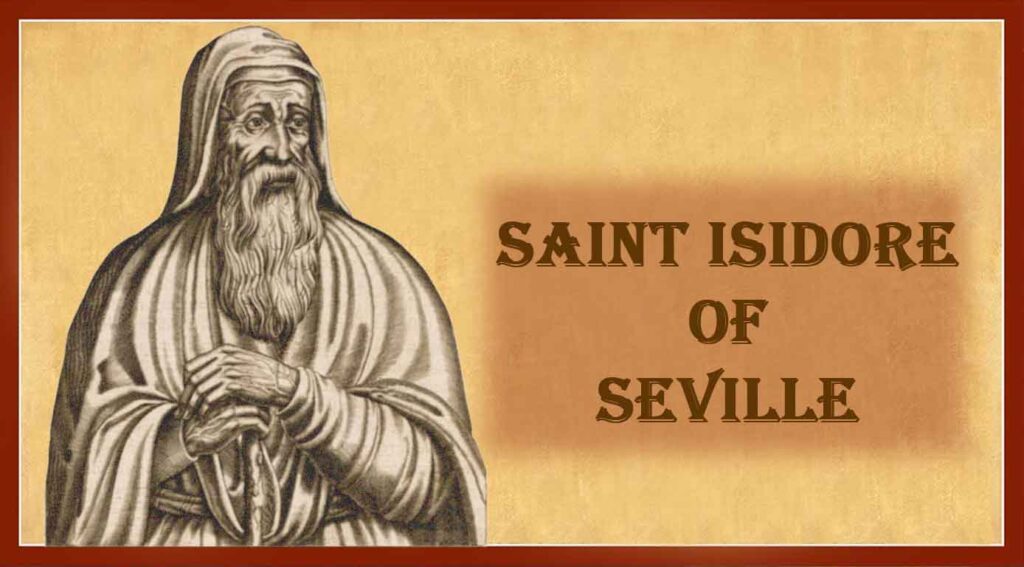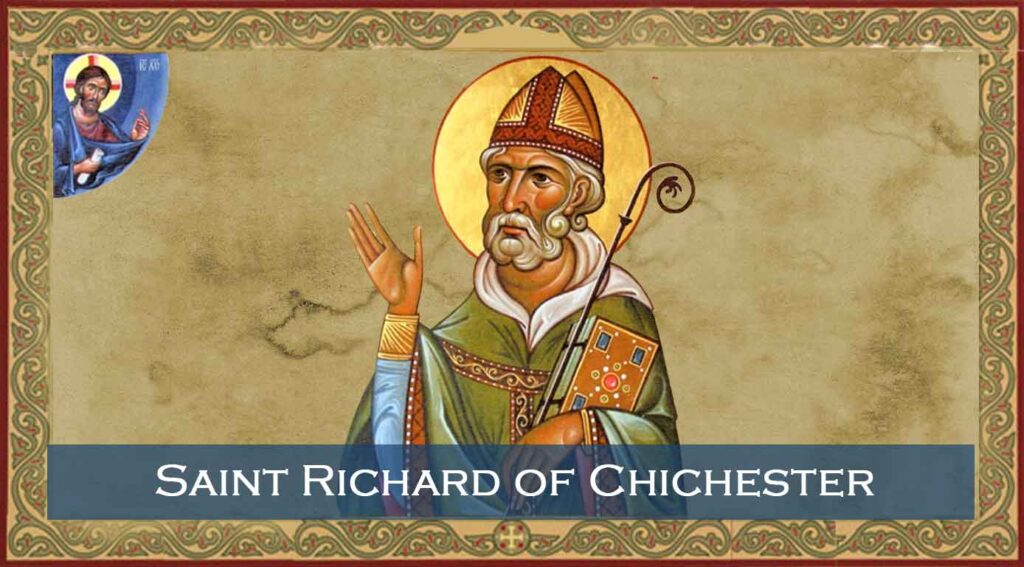Saint John Baptist de La Salle
Complete dedication to what he saw as God’s will for him dominated the life of John Baptist de La Salle. In 1950, Pope Pius XII named him patron of schoolteachers for his efforts in upgrading school instruction. As a young 17th-century Frenchman, John had everything going for him: scholarly bent, good looks, noble family background, money, refined upbringing. At the early age of 11, he received the tonsure and started preparation for the priesthood, to which he was ordained at 27. He seemed assured then of a life of dignified ease and a high position in the Church.
But God had other plans for John, which were gradually revealed to him in the next several years. During a chance meeting with Monsieur Adrien Nyel, he became interested in the creation of schools for poor boys in Rheims, where he was stationed. Though the work was extremely distasteful to him at first, he became more involved in working with the deprived youths.
Once convinced that this was his divinely appointed mission, John threw himself wholeheartedly into the work, left home and family, abandoned his position as canon at Rheims, gave away his fortune, and reduced himself to the level of the poor to whom he devoted his entire life.
The remainder of his life was closely entwined with the community of religious men he founded, the Brothers of the Christian School (also called Christian Brothers or De La Salle Brothers). This community grew rapidly and was successful in educating boys of poor families, using methods designed by John. It prepared teachers in the first training college for teachers and also set up homes and schools for young delinquents of wealthy families. The motivating element in all these endeavors was the desire to become a good Christian.
Yet even in his success, John did not escape experiencing many trials: heart-rending disappointment and defections among his disciples, bitter opposition from the secular schoolmasters who resented his new and fruitful methods, and persistent opposition from the Jansenists of his time, whose moral rigidity and pessimism about the human condition John resisted vehemently all his life.
Afflicted with asthma and rheumatism in his last years, he died on Good Friday at age 68, and was canonized in 1900.
Sources:
https://www.franciscanmedia.org/saint-of-the-day/saint-john-baptist-de-la-salle/
Saint John Baptist de La Salle Read More »


